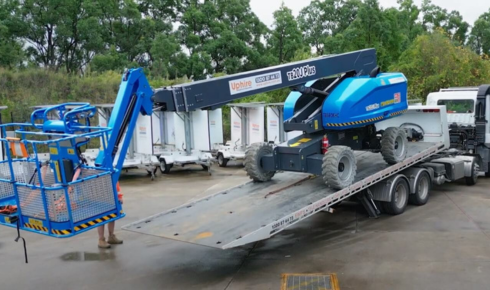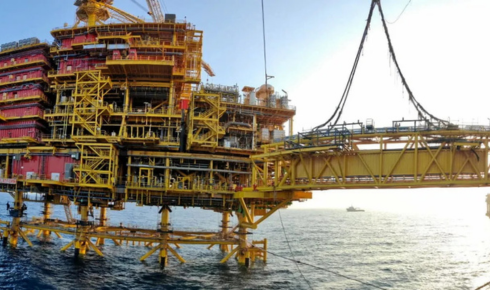Have you ever wondered what happens to that old wire, discarded battery or broken appliance once it leaves your hands? The answer lies in the growing network of advanced recycling plants in India. These facilities aren’t just scrap yards; they are cutting-edge hubs of technology and innovation, redefining how we recover, reuse, and rebuild.
In a world steadily shifting towards sustainability, the journey of scrap is no longer a dead end. In fact, it is the start of something new.
As India charges ahead on its circular economy mission, modern metal recycling companies in India are setting new standards for efficiency, eco-friendliness, and impact.
But what exactly sets a best-in-class recycling plant in India apart?
Choosing the right recycling plant in India means embracing advanced technologies, strict certifications, and sustainable practices. From automated sorting systems to green power initiatives, best-in-class metal recycling companies in India are setting new benchmarks.
1. Technological Innovation & Automation
Today’s top scrap recycling companies in India leverage automation and AI to optimise output. Advanced shredders, automated sorting lines, and sensor-based separation techniques distinguish copper, aluminium, and lead scrap swiftly and accurately. These innovations reduce manual intervention, cut labour costs, and improve purity of output metals.
Leading metal recycling plants are also digitising quality checks and resource monitoring to maximise yield and reduce waste, raising the bar for operational efficiency.
2. Advanced Processes & Technical Best Practices
A top-tier scrap recycling company manages the full lifecycle, from collection and sorting to melting, refining, and casting:
- Collection & shredding: Automated systems process heterogeneous scrap including copper cables, aluminium sheet cuttings, and lead plates, efficiently separating non-metallic materials.
- Refinement: Furnaces, combined with electrolysis or fire refining, are used to purify metals. This step is vital to meet national and international usage standards.
- Casting: Purified metals are cast into ingots, billets, or rods for reuse in sectors like EV manufacturing, electronics, and infrastructure.
These steps significantly reduce copper waste, aluminium waste, and other residues while recovering valuable materials.
3. Quality Certifications & Compliance
Reputation matters in the scrap business in India, and certifications ensure trust and transparency. The best recycling companies in India are ISO-certified in:
- Quality Management
- Environmental Management
- Health & Safety
These certifications reflect a recycling company’s commitment to consistent, compliant and eco-friendly operations.
4. ESG-Aligned Sustainability Measures
Top recycling companies in India are aligning their operations with ESG (Environmental, Social, Governance) principles. They invest in energy-efficient machinery, adopt water recycling systems, and minimize landfill waste.
Recycling non-ferrous metals like copper and aluminium reduces greenhouse gas emissions by up to 85% compared to virgin metal extraction, making it a critical part of India’s sustainability roadmap. Initiatives like the FAME India Scheme, National Resource Efficiency Policy, and Circular Economy Action Plan further reinforce the importance of green recycling infrastructure.
5. Integrated Supply Chain & Global Reach
Efficiency grows when operations are vertically integrated. Jain Metal Group, for instance, sources scrap from 120+ countries, runs high-capacity plants for copper, lead, and aluminium, and manages the full recycling workflow on-site. This model reduces logistics overhead, avoids unnecessary transport emissions, and improves output traceability.
The landscape of metal recycling in India is undergoing a major transformation. With growing industrial demand, increasing regulatory support, and rising environmental awareness, scrap recycling companies in India are becoming critical to the country’s sustainable growth story.
For anyone invested in the future of clean technology, sustainable industry, or the scrap business in India, the message is clear: the next frontier of value creation is already here, and it is powered by innovation, circularity, and a renewed focus on responsible resource management.













